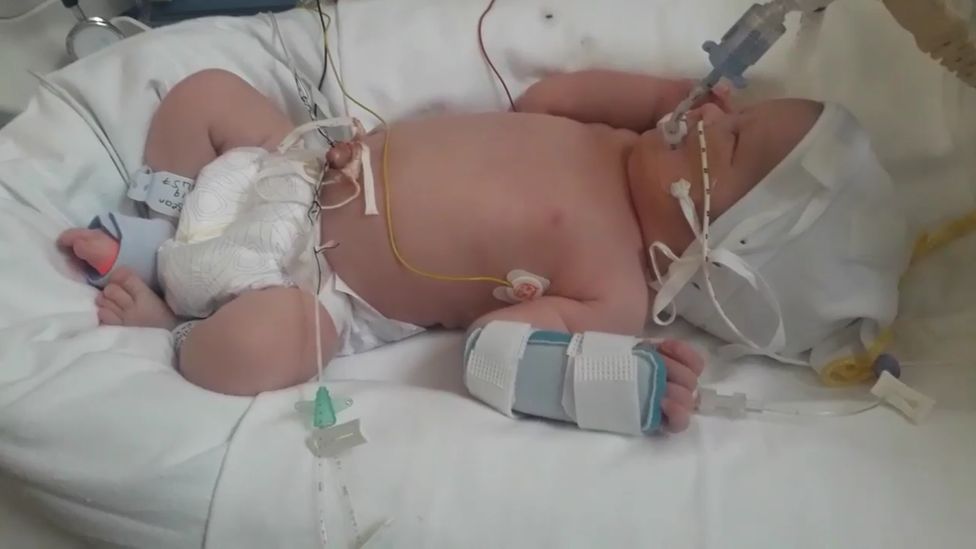-

-
-
Loading

Loading

As someone with a rare blood type (B-), I have always taken pride in donating blood. Recently, I discovered that my blood is even more precious to the NHS because it can be given to newborn babies. During my last donation session, the donor carer made a comment about how great it must feel to be a "Neo." Confused, I asked what they meant and they showed me a bright blue tag labeled "Neo," which indicated that my blood was intended for the tiniest of patients. The term "Neo" stands for neonatal, referring to babies in the first 28 days of life. During the donation process, I learned about the extensive testing that blood goes through after being donated. Dr. Andy Charlton, a consultant in haematology and transfusion medicine at NHS Blood and Transplant, explained that all donated blood is screened for various infections, such as HIV, hepatitis B, C, and E, as well as syphilis. Additional tests and processes are conducted on certain samples to ensure they meet the requirements of patients with specific needs. For example, some individuals require blood that has been "washed" to remove proteins that have caused allergic reactions during previous transfusions. Moreover, blood destined for newborns, immunocompromised patients, pregnant women, or even a fetus in-utero must be screened for a virus called cytomegalovirus (CMV). Although CMV is usually harmless and common, it can cause severe health issues in babies, such as seizures, sight and hearing problems, and organ damage. Given that about 50-80% of adults in the UK have been exposed to CMV, finding donors who have not been exposed to the virus is crucial for maintaining an adequate blood supply. Fortunately, my previous blood donation was free of CMV antibodies, earning me the special tag. However, my blood will be tested for the virus each time I donate to ensure that I have not contracted it since. As I learned more about the importance of blood donation, I realized that I am one of only 10,916 active donors in England who have CMV-free, B- blood. Hospitals frequently request units of CMV-negative blood products, and the demand for specialized blood components continues to rise. Dr. Charlton expressed gratitude towards blood donors, emphasizing that each donation can save more than one person's life. Hayley Bean knows firsthand the significance of blood donation. Her daughter, Willow, had her life saved shortly after birth through a transfusion of CMV-free blood. During her pregnancy, Hayley was diagnosed with a dangerous condition called vasa previa, which obstructs the baby's passage out of the uterus. Willow experienced life-threatening bleeding during a planned Caesarean section, and the neonatal team had to resuscitate her. Thanks to the blood transfusion, Willow is now a thriving four-year-old, and Hayley is forever grateful to the stranger who made the choice to donate blood. A few days after my first Neo blood donation, I received a text informing me which hospital my blood had been sent to. I felt a sense of satisfaction and wished the little recipient well.